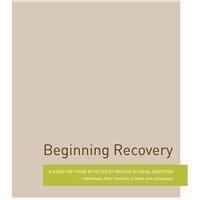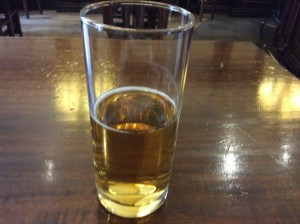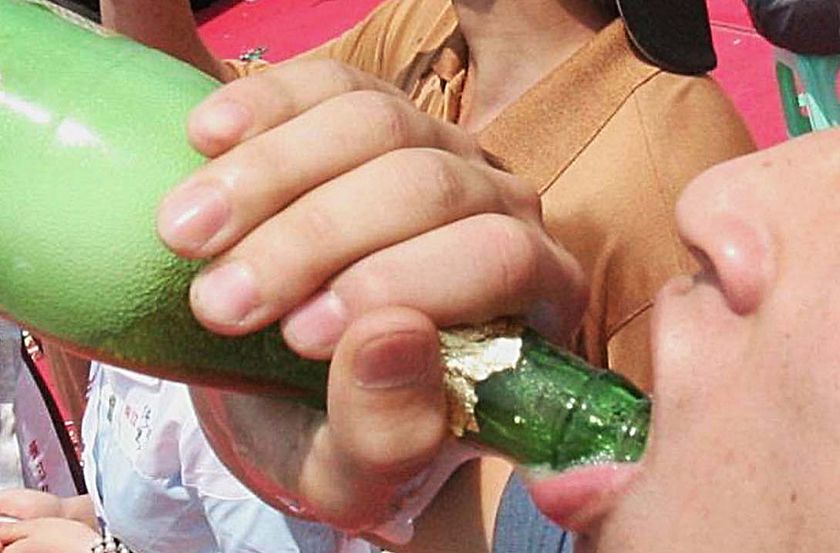
London: A valuable guide, designed to help identify substance abuse in loved ones, is now available. Beginning Recovery is the title of the new guide, published by Winthrop Hall – the UKs only purpose built drug and alcohol treatment centre.
Coping with the stresses and strains of modern living can be a test for the toughest of resolves. Some find themselves unable to cope with work pressures, financial problems or family difficulties, and find themselves pushed over the edge, forced to seek solace in alcohol and other substances. You can get the leaflet free from Winthrop Hall
Research carried out by the Greater London Alcohol and Drug Alliance* found that 21% of adult Londoners are harmful users of alcohol, and 1% of Londons 7.5 million population are problematic drug users. According to Alcohol Concern*, between 58-60% of 11-15 year olds drink alcohol, with the mean consumption for those who drink doubling from 5 units a week in the early 1990s to 10 units in 2004. By the age of 13, the proportion of those who drink exceeds the proportion of teenagers who do not drink.
This years Statistics on Drug Misuse* reports that men are more likely to take illicit drugs than women – 13.7% took drugs in the last year compared with 7.4% of women. Alarmingly, during 2005/06 181,390 people were in contact with structured drug treatment services. This is a 13% increase on figures during 2004/05, where the number was 160,453 and more than twice the number in 1998/99.
For many, the problem is not obvious. However, there may be a number of noticeable changes that are out-of-character.
Symptoms to look out for:
1. Changes in behaviour or routine missing appointments, coming home late, going out at odd times
2. Evasiveness and vagueness
3. Mood swings – irritability, aggression, depression or euphoria
4. Taking less pride in appearance, poor skin or a weight loss problem
5. Hand tremors and regular sweats
6. Increased secretiveness or lack of openness, even lying
7. Changes in finances, running out of money or money going missing
All of these symptoms can point to a crisis. Its not always easy for the user to admit they have a problem, and trying to help can often lead to confrontation. People sometimes think they can resolve the problem themselves without proper treatment, but if self-help with the support of friends and family has not worked, then professional help is the answer.
Its important to remember that help is always at hand – but its getting the right help that counts. A copy of the Beginning Recovery guide, offering practical advice on recognising symptoms plus information for getting treatment for substance abuse, is available by calling Winthrop Hall on + 44 (0)1580 894334.
Other support organisations include:
The National Alcohol Helpline: 0800 917 8282
Alcoholics Anonymous: 0845 769 7555
FRANK: The National Drug Helpline: 0800 776600
* source:
Greater London Alcohol and Drug Alliance London: The Highs and the Lows 2 (January 2007)
Alcohol Concern Young Peoples Drinking, Factsheet
Statistics on Drug Misuse, England 2007 The Information Centre www.ic.nhs.uk
For more details on Winthrop Hall, call 01580 894334.




